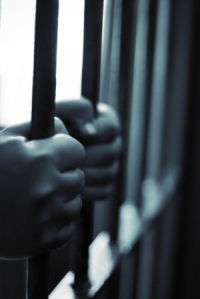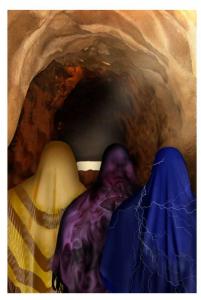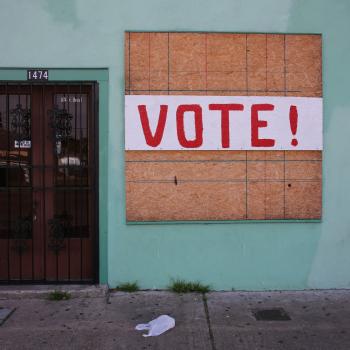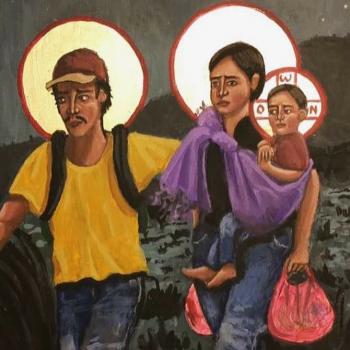 As I type this, I’m playing front desk receptionist at The Next Door in Nashville, a rehabilitation home for female ex-cons who’ve struggled with addictions. And through the application process, I learned a few things about the American penalty system.
As I type this, I’m playing front desk receptionist at The Next Door in Nashville, a rehabilitation home for female ex-cons who’ve struggled with addictions. And through the application process, I learned a few things about the American penalty system.
To be fair, I am a bit of a bleeding heart. But I’ve never really been one to feel sorry for convicts. Those who find themselves in situations whose consequences demand time in prison have earned that time, not my sympathy.
But what I’ve come to find and am increasingly disturbed by is the simple fact that the majority of convicts come from the same basic set of circumstances. And their near inevitable criminal behavior is like a self-fulfilling prophecy.
What’s worse, the majority of ex-convicts for whom no one immediately intervenes post-release will return to their former friends, lovers, lives, addictions, and lifestyles, and eventually find themselves back in prison.
It seems wrong. If I know these statistics, then so do the authorities. And if they know, they ought to be doing something to help the situation, right?
But they don’t, really. Public funding doesn’t cover that much. So when a person is released from prison, they’re literally given back the clothes and personal possessions that were on their bodies when first incarcerated, led through a gigantic metal gate (like a garage door), and left on the other side. To find a bus or a ride. More likely than not wind their way back to an old neighborhood and old, comfortable but dangerous arms.
Some are sent to halfway houses, but even there they’re not given much help to change their lives; Just a room, some rules, perhaps some help finding a job, a “good luck” pat on the back and the promise that eyes are watching, waiting for their first failure.
And yet we’re still angry when they revert to old behaviors and addictions. We condemn them for not trying hard enough, excuse ourselves from helping them having judged them not to want our help. (And I haven’t even tapped into the issue of mental illnesses that are so common among convicts, the homeless, and other social “undesireables.”)
I don’t understand it. It’s ironic to, on one hand, demand these people – whose situations most of us could never hope to understand, given our own rather cushy upbringings – take hold of all available opportunities, but on the other hand scowl at affirmative action initiative and other programs created to help do just that, while turning a blind eye to the circumstances that keep them bound from the progress that comes so easily to us. It seems criminal to imprison them for their crimes and then release them without direction to the very same circumstances that landed them there in the first place.
Don’t we know yet it’s not enough to simply turn or remove them from the old way? It’s just as important they have something to turn to…
That’s why I’m so excited and encouraged by organizations like The Next Door, who provide a home, clothing, employment help, education opportunities, and most importantly a new kind of spiritual family to women who, until now, haven’t had a home, or friends, or a job, or anything but the same old addictions and options. For most women, it’s the first door they’ve yet seen.
It’s also why I believe it’s so gravely important for those of us who’ve known nothing but endless options and wealth (even me, whose lower-middle-class upbringing could be considered poor by some), and been given every good thing, to pull our heads out of the sand, turn from the lies that somehow entitle us to our circumstances and condemn them to theirs, and start giving.
Time, money, clothes, encouragement, prayer. Encouragement. Prayer.
It’s incredible, how important a woman begins to feel when she’s finally able to share her story with someone who’s really listening; To watch smiles grow, as women slowly but surely decide I’m a safe and trustworthy ear rather than a judgemental tongue.
Indeed, if we who’ve known nothing but hope and heard nothing but “yes” would look mercifully on those who’ve known only rejection and heard nothing but “no”…
Well, I dare say we’d start to see them less as drains on society and more like its last hope.
To that end, I encourage you to get involved in your community. Find someone who needs love, and drown them in it. Find someone who needs prayer, and swaddle them with it. Find someone who needs another chance, and give it to them.











